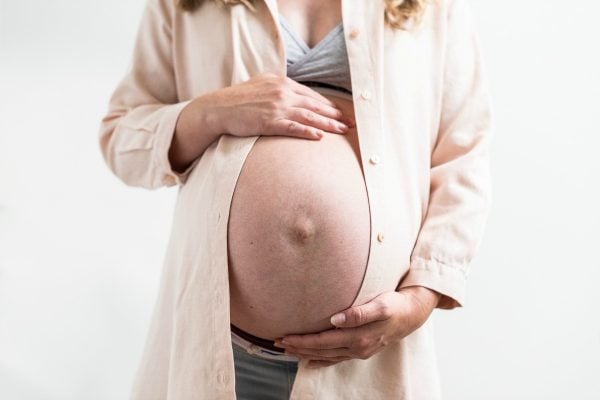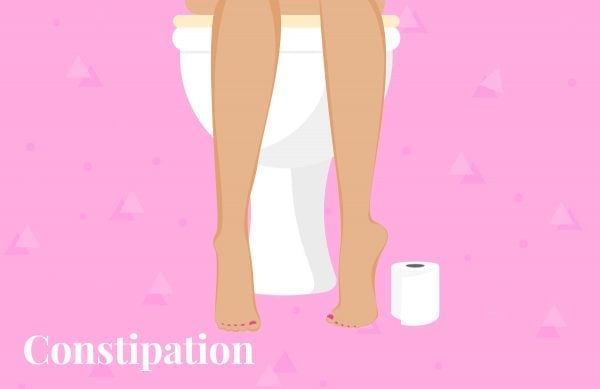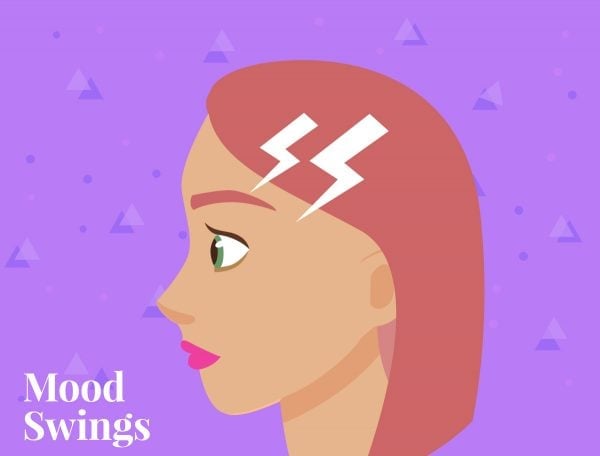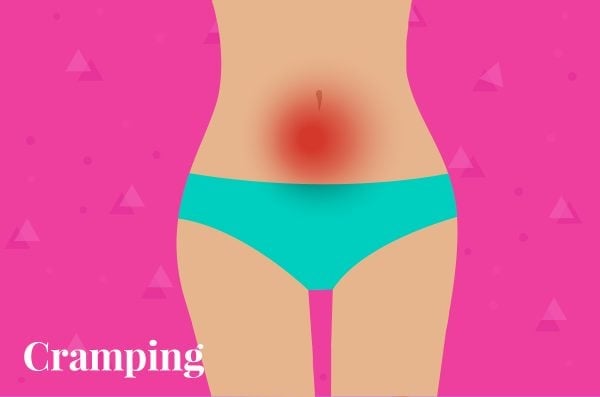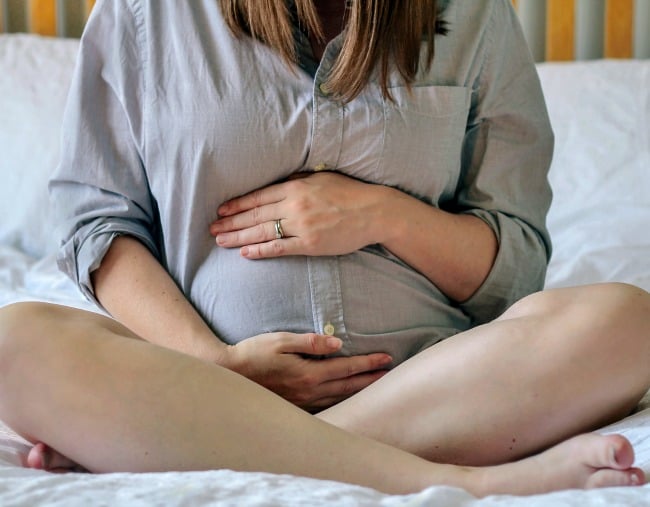
So, you’re pregnant, and wondering what strange symptoms are expected from your body now? Well, pregnancy can indeed bring with it a whole raft of different symptoms, and no pregnancy is the same.
You probably know the common signs – morning sickness, fatigue, tender breasts and frequent urination. But there are other side-effects that don’t make their way as often into discourse. We spoke to two experts about symptoms such as pregnancy discharge, heartburn and constipation, and whether bleeding or spotting is ever okay.
Questions about childbirth answered by mums and non-mums. Post continues below.
Why do we get pregnancy symptoms?
Sydney GP Dr Ginni Mansberg tells Mamamia pregnancy is an enormous change for the body to take on.
“There are a huge number of hormonal changes, and almost every system is affected through pregnancy,” she says.
“You put out much bigger amounts of progesterone and oestrogen.”
Dr Mansberg says the thyroid – a gland in the neck that’s in charge of making hormones – plays a key role in developing a healthy baby. During pregnancy, she says it increases its output by about 40 per cent.
